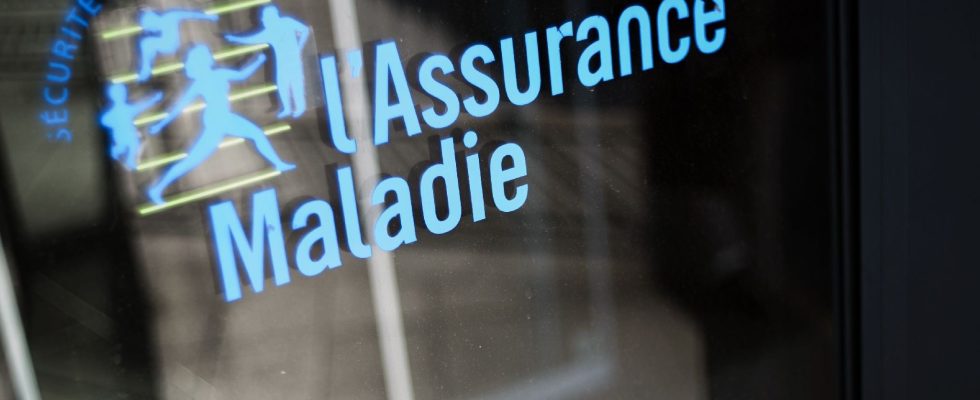French employees will soon have the right to acquire paid leave, including during periods of sick leave, under a European provision soon to be adapted in France. What will change and what do employers and unions think? L’Express takes stock.
How many days of leave can we acquire?
To comply with European law, the government has planned an amendment to a bill which will be examined in Parliament from Monday. It provides that in the event of illness of non-occupational origin, employees will have to acquire two days per month of paid leave, up to a limit of 24 days (i.e. 4 weeks) per year. Until now, this was not a right, although some companies could grant such leave.
In the event of occupational illness, employees continue to receive paid leave during their leave at the same rate as currently (5 weeks). Upon returning to work, the employer will have ten days to inform the employee of their rights acquired before and during their sick leave. The employee will then have 15 months to take them. For employees who have been on sick leave for more than a year, the period for taking leave will not be extended.
What retroactivity?
The principle of acquiring paid leave during work stoppage for non-occupational illness will apply retroactively until December 1, 2009, the date of entry into force of the European Treaty of Lisbon. In this context, leave newly granted for sick leave may not exceed 24 working days (Saturdays included) per year, after deduction of paid leave already taken.
For employment contracts that ended before the law came into force, the measure can only be retroactive over a maximum of three years. Employees can therefore at best be financially compensated for 12 weeks of paid leave.
Why are bosses relieved…
Medef President Patrick Martin spoke in the fall of a “huge cause for concern”, estimating the impact at “more than two billion euros per year” for the private sector, and therefore potentially six billion if the companies had been “required to provision and pay three years of prior payment”.
Basically, obtaining paid leave “without even working” is “total rubbish”, protested the Confederation of Small and Medium Enterprises (CPME). After the opinion of the Council of State on Thursday, which examined the government’s transposition project, employers’ organizations were relieved. “Our work, carried out in concert with the government, has borne fruit,” judged Patrick Martin in a message on the social network X.
…And the unions dissatisfied
The Court of Cassation ruled in favor of the unions on September 13, 2023, deciding that “sick or injured employees will be entitled to paid leave during their period of absence, even if this absence is not linked to a work accident or an occupational disease. But for the CFDT, by only granting 4 weeks of leave to employees on leave, compared to 5 to others, the government is establishing “discrimination between employees”, according to Isabelle Mercier, national secretary of the country’s first union.
She adds that for employees who have left the company, “the limitation [de 12 semaines de congé non pris indemnisées] which is posed does not suit us at all”. In a press release, the CGT considers that the government “has chosen to organize an incomprehensible system operating a planing of the rights of the most vulnerable employees, very generally in treatment for an illness long-term (cancer, AIDS, depression, etc.)”.
For this union, the executive’s project is “unfair” and aims to “save 800 million euros per year for the benefit of employers”. “The measures envisaged go neither in the direction of simplification, nor in the direction of justice, nor even in the direction of real legal security”, criticizes the CFE-CGC.
